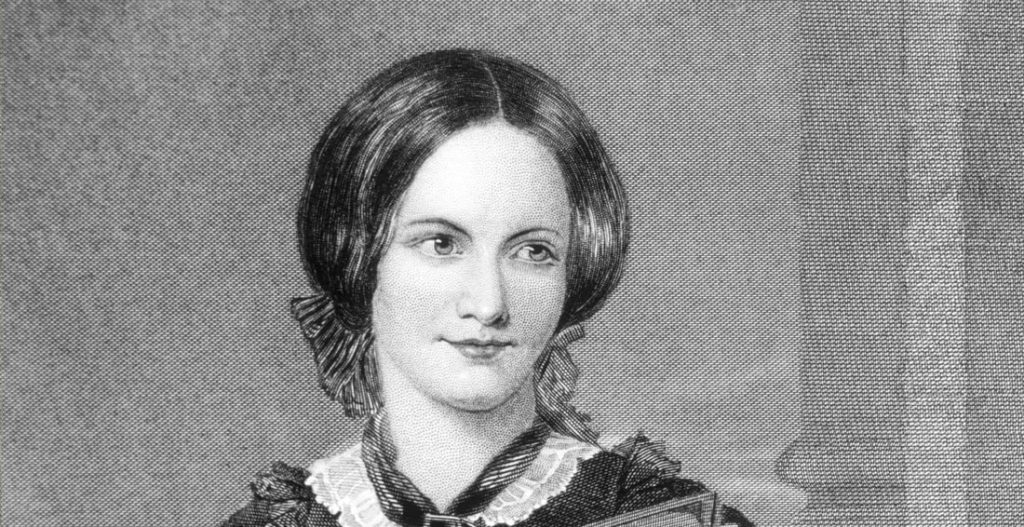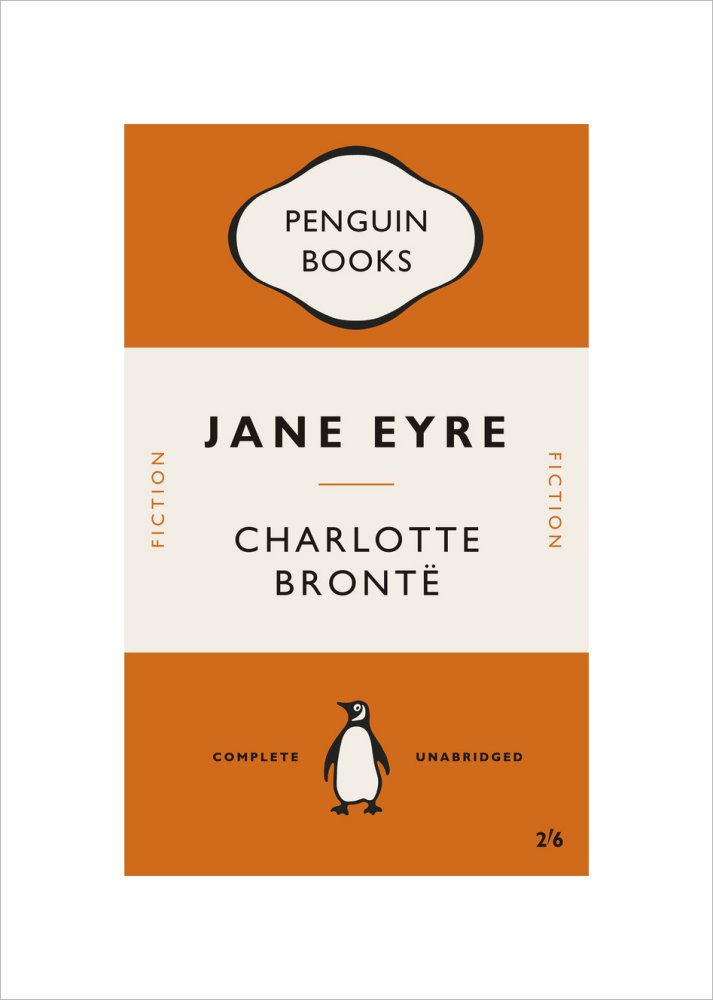Book Review of Charlotte Bronte's Jane Eyre

Many people already know the story of Jane Eyre, but my hunch is that Jane Eyre isn’t widely read these days, at least not in the UK. Even though it is quite a humdinger of a story, it would, arguably, be a brave teacher that picked Jane Eyre out of a GCSE syllabus and opted to teach it. Although, undoubtedly a talented writer, with ability to preent powerful descriptive scenes, explore big themes and present complex character, there isn’t a great deal of fun and laughter through the pages. The satire is there but less plentiful than in Austen’s writing.
It’s hard to imagine that one poor, innocent girl can overcome so many struggles and find happiness, but Jane does. Jane starts life abused and by her horrible Aunt Reed, and things don’t improve when she goes to school. Shortages of food and water and horrible teachers make for a pretty miserable existence. Jane does make a friend, Helen Burns,but sadly she dies, and she is just rather too good to be true. Things don’t improve when Jane starts work as a governess. What, with falling for wannabe bigamist Rochester, (poor old Bertha is locked in the attic) fighting fires, running away, nearly dying, finding wealth and almost marrying her cousin and becoming a missionary, life gets complicated. It comes as a relief when a dream leads her back to Rochester and Jane can find happiness! That is if ending up married and caring for Rochester is something to be pleased about.
Whilst it is easy to be disparaging of aspects of the book as seeming dated and incredible, it is interesting to read and to analyse. Jane is more complicated than she is often portrayed and stays steadfast and true to herself. As a study of feminism and religion the book is fascinating. Academics must enjoy exploring its significance as a Victorian text and deciphering what it reveals about gender and society.

Book Discussion Questions on Charlotte Bronte's Jane Eyre
- Jane is an inquisitive child, but this quote quickly shown how cruelly dependents could be treated,
“Master! How is he my master? Am I a servant?”
“No; you are less than a servant, for you do nothing for your keep. There, sit down, and think over your wickedness.”
Discuss what key things the opening scenes showed you about Victorian society? Explore how Jane Eyre as a text and Jane as a person both are and are not feminist? There is a lot that has been written about Bertha in Jane Eyre. In 1979, Academics Sandra Gilbert and Susan Gubar in “The Madwoman in the Attic claim that all female characters in male-authored books can be categorized as either the “angel” or the “monster.” Discuss whether you think this is an oversimplification of Jane’s character. How would you sum her up?
- Do you think Jane made the right decision deciding to return to Rochester?
- What aspects of the story do you find convincing and what do you find convenient to the development of the plot?
- Jane Eyre is considered to be semi-autobiographical in its early section, where Jane describes her experiences at Lowood Institution. Do you think characters like Mister Brocklehurst in the novel, still exist in boarding schools?
- When Jane is reunited with Rochester she says, “To be privileged to put my arms round what I value – to press my lips to what I love – to repose on what I trust: is that to make a sacrifice? If so, then certainly I delight in sacrifice.” Do you think she is making a sacrifice in returning to and marrying him?
- Look around your bookclub. Out of the members whom would you cast as each of the main characters in a film version of the book? Include both male and female and characters. . Only play this game if you all get on well and can take a joke!
- Bronte’s novel is a bildungsroman text or rites of passage text. It focuses on Jane’s life from her childhood into adulthood. What other ‘rites of passage’ books have you enjoyed reading?
- A question just for fun – If you were to invite Charlotte Bronte for dinner who else would you invite and why?
- Would you have thought less of Jane if she had stayed and lived with Rochester, once she knew of Bertha’s existence?
Bookclub Questions on Charlotte Bronte's Jane Eyre (if you haven't read the book!)
- Have you read much Victorian literature? If so what is your favourite Victorian novel?
- Religion is rejected by Jane in the novel as either too full of hypocrisy, too meek or too pious, yet she does turn to God. If you feel comfortable doing so, discuss your own religious beliefs with each other.
- Jane thinks that Rochester is in love with Blanche Ingram. (Rochester does flirt with her a lot.) Do you find it acceptable for your partner to flirt with other people? Are you a jealous person?
- Forgiveness is a theme that runs through Jane Eyre. Are you a forgiving person? If appropriate give examples from real life where you’ve forgiven someone.
- There’s no negative judgment implied in this question, but if you enjoy reading (which you probably do if you are at a bookclub) why haven’t you read Jane Eyre? Perhaps you prefer modern writing, or maybe you have overlooked the Bronte’s. Perhaps you have preferred the glamour of Wuthering Heights to the quiet satire of Jane Eyre? Have a chat about what inspires your reading choices.
Personal Response to Charlotte Bronte's Jane Eyre
Even though Jane Eyre isn’t short of action and the story is presented as a straightforward first person narrative it isn’t one of my favourite classic reads. I find it drags a bit, especially when Jane is living with St John Rivers. It’s interesting that although Pride and Prejudice was published in 1813, whereas Jane Eyre was published later in 1847, it is Austen who feels contemporary as a novelist. I’m not sure why. Perhaps no one has ever quite lived up to Colin Firth’s portrayal of Darcy, or perhaps Rochester simply isn’t a worthy hero. After all keeping an allegedly mad woman in the attic has caused a lot of controversy over the years!
The Bronte’s, of course, are very famous and delving into their own lives and worlds is a fun thing to do. Other than a quick read of Wuthering Heights I haven’t studied the Bronte’s lives closely, but now I’ve revisited Jane Eyre, it is something I’m inspired to do.I feel a trip to Haworth, where the Bronte’s live, imminent!